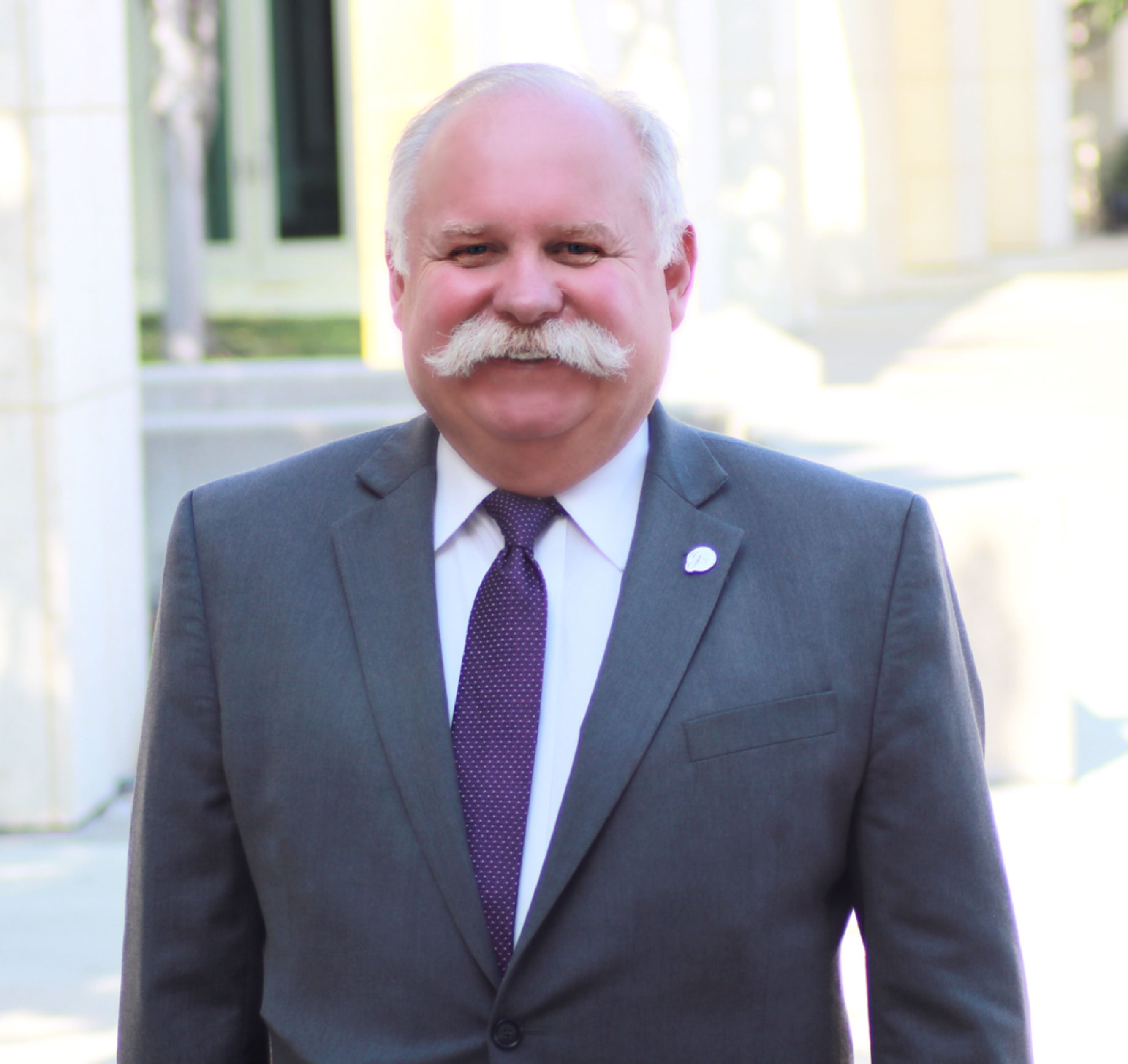
Joining your HOA board is a great way to take more responsibility. However, many new HOA board members will make mistakes, ranging from minor to serious. The board itself often runs into errors, especially in areas such as rule enforcement. Here are some of the most common HOA board mistakes and some things you can do.
Common Mistakes made by Board Members
- Not knowing your limits. New board members often don't know how the association works and may overstep their authority. New members need to become familiar with the association's governing documents. To help them out, existing members should do a new member orientation, something which can be handed over to the management company. This helps them know how to run board meetings, how to communicate things, and what the limits of your authority are. Coming in with enthusiasm can also cause new members to be overzealous, rushing to make policy without checking why it is, and potentially trying to change the character of the community.
- Joining for the wrong reasons. Some new members join to get a particular, specific policy changed and get frustrated when they are unable to get the change that benefits them. Or they want praise and recognition and don't realize just how thankless being a board member can be.
- Underestimating the time commitment required. Burnout is a big problem with board members. Making sure that you know what is being asked of you ahead of time is a good way to prevent that or the related problem of simply not having enough hours in the day.
- Not following the rules. Whatever the governing documents say are the rules that need to be followed. In some cases, this is a result of board members not actually reading their own bylaws.
- Poor communication. Not communicating with each other or with the owners causes all kinds of problems for the board. This may include misunderstandings about new rules or people showing up at the wrong time for a meeting. Meetings need to be well run with nobody being interrupted or cut off. The board needs to be very transparent, which helps avoid negativity. HOAs can have a bad reputation, and secrecy never helps.
- Not fairly enforcing the rules. In some cases, an association may not enforce a vital rule. Or they may enforce it at some times and not others, leading to a perception of unfairness. All of the rules should be enforced, even against people you happen to like. If you don't like a rule, you need to work towards changing it rather than simply ignoring it.
- Not talking to a lawyer before acting against a difficult homeowner. After the fact is not good enough. You need to know exactly how often you should consult your lawyer, and let them help you stay up to date on changed statutes and other legal requirements.
- Losing control of finances. This might include being lenient on collecting fees and ensuring everyone pay on time. Letting payments slide causes problems for the HOAs reserves and a lack of trust. Even worse, embezzlement has been known. Watch out for odd bank statements, payments made to vendors you have never heard of, buying equipment the association does not need, or exorbitant consulting fees. All of these could be a sign that somebody is stealing. Spending money you don't have is another problem, particularly if everyone on the board is less experienced. Not consulting a CPA as needed can also be a problem.
- Changing vendors hastily. Changing to a cheaper vendor might seem to be a good idea, but you should always do your research on your hired professionals. When the board changes there is often a temptation to replace these people, but remember that they provide much of your continuity and have institutional knowledge that is of value...whether it has to do with your accounts or the best way to fertilize some of the landscaping.
Making mistakes is inevitable. However, these mistakes are common and need to be learned from. If you need more advice on how to be a better board member for your HOA or COA, contact GrandManors today.

